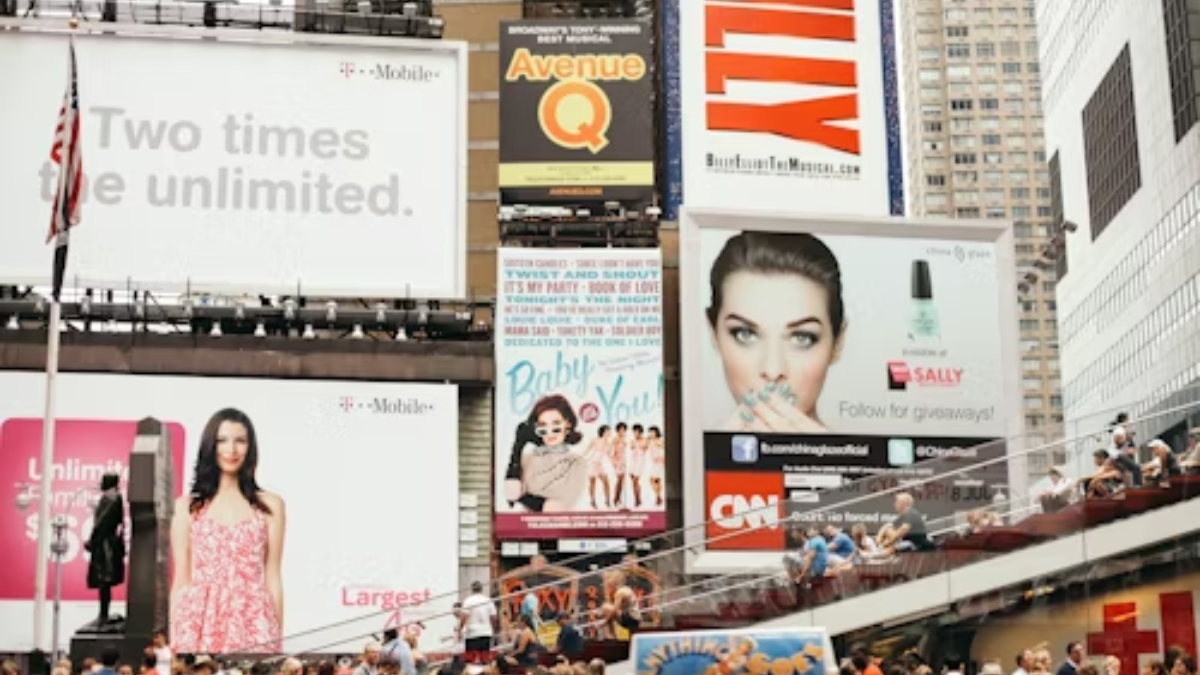Key Takeaways
• Beauty labels now serve as visual storytellers, influencing perception before a product is ever used.
• Chapstick and other micro-packaged products use bold, aesthetic-forward designs to drive shareability and cultural relevance.
• Gen Z consumers increasingly expect labels to reflect both their values and personal style, making packaging a key factor in product appeal.
They might be small, but beauty labels are fast becoming the new billboards: capturing attention, shaping identity and making snapshots scroll-stoppingly beautiful. In a world of glossy feeds and unboxing moments, what’s on your product’s face can say more than your brand ever could.
The silent marketing role of beauty packaging
Beauty labels don’t just identify; they speak. Clever typography, mood-evoking colors and tactile finishes—whether matte velvet or polished foil—work behind the scenes to convey brand story and values. They whisper luxury, inclusivity or eco-consciousness before a consumer even opens the cap. In beauty, the label is the handshake.
Chapsticks in the social media era
Take custom chapstick labels, for instance: they’re among the smallest surfaces in beauty, yet often the most creative. Tailored to match an influencer’s aesthetic or tied to viral challenges, these little wax tubes have become unboxing stars. A compelling stat: on TikTok alone, custom-labeled lip balms with playful slogans have racked up tens of millions of views, proof that even micro-packaging can spark macro-engagement.
Design-driven advocacy
Labels have the power to champion causes. Brands leaning into eco-friendly inks or recyclable materials on their labels send a message that extends beyond the product. Similarly, limited-run labels featuring pride rainbow borders or mental health hashtags allow brands to participate in conversation without shouting. They offer quiet solidarity, wrapped in thoughtful design.
Gen Z and aesthetic, sustainable packaging
As consumer values shift, labels have taken on a new role: quiet but unmistakable messaging. A limited-edition design with rainbow gradients or mental health awareness symbols doesn’t need a campaign to make a point. According to First Insight, 73% of Gen Z consumers say they’re willing to pay more for sustainable products. Labels using recycled materials or responsibly sourced inks don’t just reflect sustainability—they signal a brand’s alignment with its customers’ ethics.
A majority look first, then decide
Design is far more than window dressing; it’s a decisive factor. An Ipsos survey found that 72% of Americans say packaging design influences their purchasing decisions. This insight underscores how much weight the label carries, especially in competitive categories. In many cases, design is what lifts a product from “option” to “must-have.”
Self-expression in stick-on form
For a generation used to personalizing everything, labels offer another way to communicate identity. A cheeky label on a face mist or chapstick becomes a wearable message—something consumers carry and show off, not just use. These design choices feed directly into lifestyle branding, where products feel like extensions of the user’s personality.
Moving toward the meta label
Some brands are starting to wink at consumers with packaging that breaks the fourth wall. They have begun leaning into playfulness, creating labels that comment on their own influence. Think: “You picked this because it’s pretty, didn’t you?” or peel-away designs that double as collectible stickers. These moments turn passive packaging into interactive brand experiences, and they resonate in both physical and digital spaces. For brands willing to treat those few inches of adhesive as creative space, the label becomes more than packaging. It becomes part of the brand and consumer story.
Author bio:
Amber McConnell, the dynamic owner of Sticker Mountain, brings a unique blend of academic rigor and passionate entrepreneurship to the printing industry, where she’s been part of the family business for 37+ years. With a rich background that includes a double major in psychology and criminal justice from Regis University, and a lifelong commitment to athletics, Amber’s dedication to excellence shines through in her work. At Sticker Mountain, she leverages her diverse skills and personal interest in coaching to innovate and inspire, driving the company to new heights with a keen eye for quality and community connection and standout products like custom chapstick labels that reflect her team’s creativity and precision.

